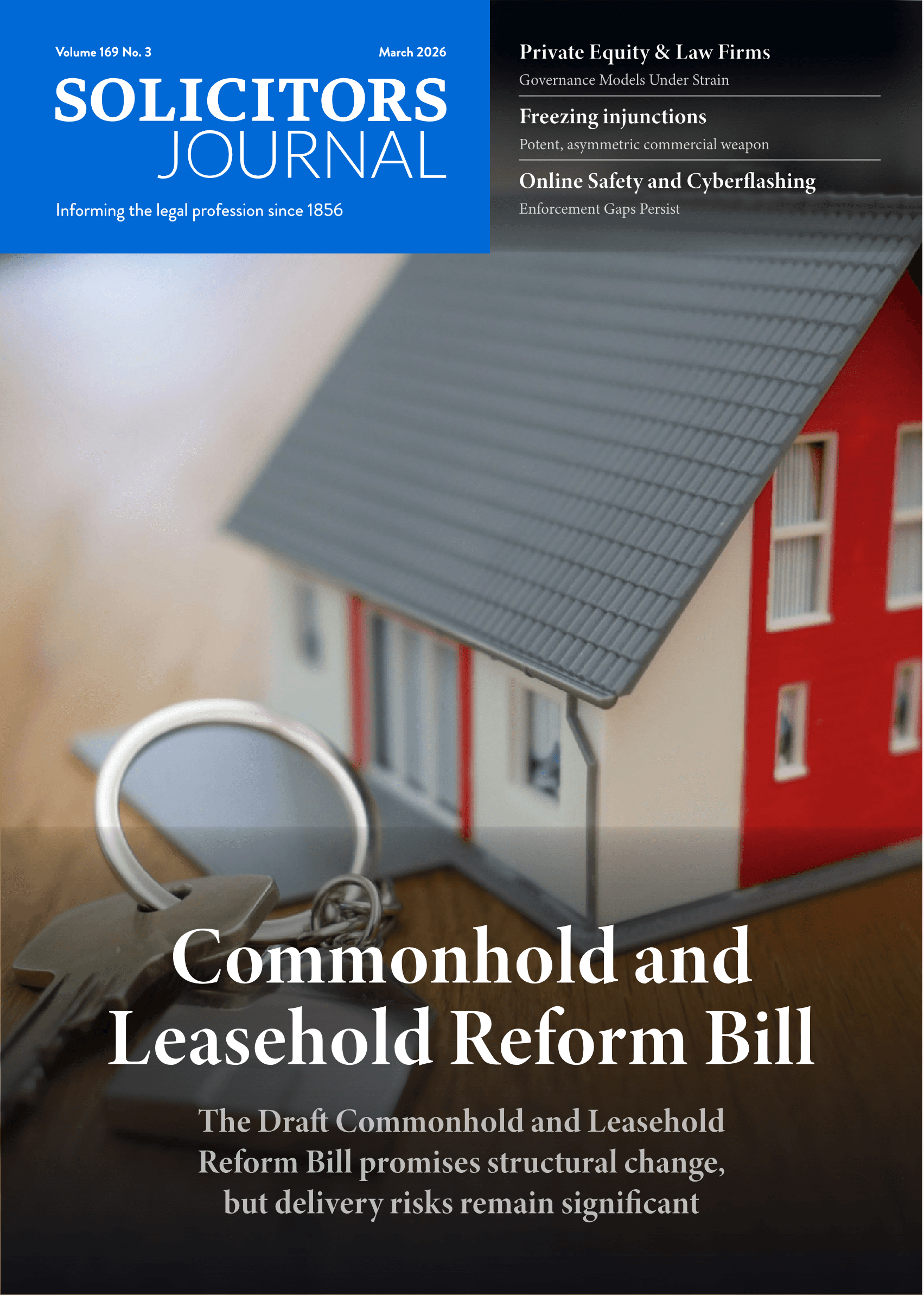Cross-border jurisdictions problematic for privilege
__WEB.jpg&w=1920&q=85)
Different concepts of 'privilege' can present challenges, but there are a few steps that can bring some predictability, say Colin Passmore and Alexandra Webster
The well-known and much-maligned ruling of the Court of Appeal in Three Rivers District Council v The Governor and Company of the Bank of England (No 5) limits claims to legal advice privilege (LAP) by corporates in England and Wales to confidential communications between their lawyers and individual employees authorised to instruct them, defined for those purposes as the ‘client’.
Employees who fall outside of that typically narrow group are treated as third parties, meaning that any records of their communications with lawyers representing the corporate will generally not be protected by LAP.
This approach has been adopted in the recent High Court decisions of RBS Rights Issue Litigation and SFO v ENRC. We understand that ENRC is seeking to appeal Mrs Justice Andrews’ decision but, for now at least, the principle is firmly embedded into English law.
The Three Rivers (No 5) interpretation of LAP is narrower in scope than the protections afforded to similar communications between clients and legal advisers in a number of other jurisdictions. For example, in Citic Pacific Ltd v Secretary for Justice (No 2), the Hong Kong Court of Appeal rejected Three Rivers (No 5), opting instead to define the ‘client’ as a corporate and its employees, who may be regarded as authorised to act for the corporate in the process of obtaining legal advice.
Attorney-client privilege in the US also has a broader application than English LAP, attaching to communications between the lawyers representing the corporate and any of its employees. It may also extend, in certain circumstances, to communications between lawyers and third parties acting as the lawyers’ agents.
This broader approach is not limited to common law jurisdictions – the protections afforded to lawyer and client communications under German professional secrecy obligations similarly extend to communications with employees who hold relevant information, as well as third parties instructed to assist lawyers in the performance of their duties.
The contrary position taken by the English courts is not limited to the narrow application of LAP – the judgment in ENRC also rejected claims to litigation privilege made over a number of documents created by lawyers and forensic accountants in the context of a criminal investigation, at a stage when criminal proceedings (i.e. charges) had not yet been brought. This position is inconsistent with that taken in a number of overseas jurisdictions, including the US, where the commencement of an investigation by a government body or regulatory authority is generally sufficient for the work-product doctrine (which protects from disclosure documents prepared by a lawyer or their agent in anticipation of litigation) to apply.
These differing concepts of privilege create particular challenges for corporates subject to cross-border investigations or litigation. The fact that a document enjoys a privileged status in one jurisdiction is no guarantee that it will be afforded that protection in another. As may be expected, whether and how these challenges can be addressed will depend on the circumstances of the investigation or litigation to which the corporate is subject. Nonetheless, the following strategies are likely to be useful in many cases:
Establish at the outset of the investigation or litigation the jurisdictions in which the relevant conduct took place and (if different) where the evidence is located. Once identified, seek local legal advice on the rules on privilege and disclosure in each of those jurisdictions.
Be mindful of the different privilege rules that apply to individual members of a global investigation or litigation team. It may be advisable to limit creation of and/or access to particular classes of documents by individuals based in jurisdictions where those documents are vulnerable to disclosure.
Recognise the particular classes of documents where claims to privilege may be vulnerable to challenge in the relevant jurisdictions (for example, notes of witness interviews), and take into account, when creating those documents, the risk that they may be disclosed.
Understand that the risks related to a voluntary waiver of privilege are compounded in a cross-border scenario. In the US, for example, there is little recognition of the concept of a selective or limited waiver of privilege. Thus, a privileged document shared on that basis with a criminal or regulatory authority in another jurisdiction may be viewed as available for disclosure in related criminal, regulatory, or civil proceedings in the US.
Colin Passmore is a partner at Simmons & Simmons and author of Privilege, and Alexandra Webster is a supervising associate. Both are members of the London Solicitors Litigation Association
www.lsla.co.uk
